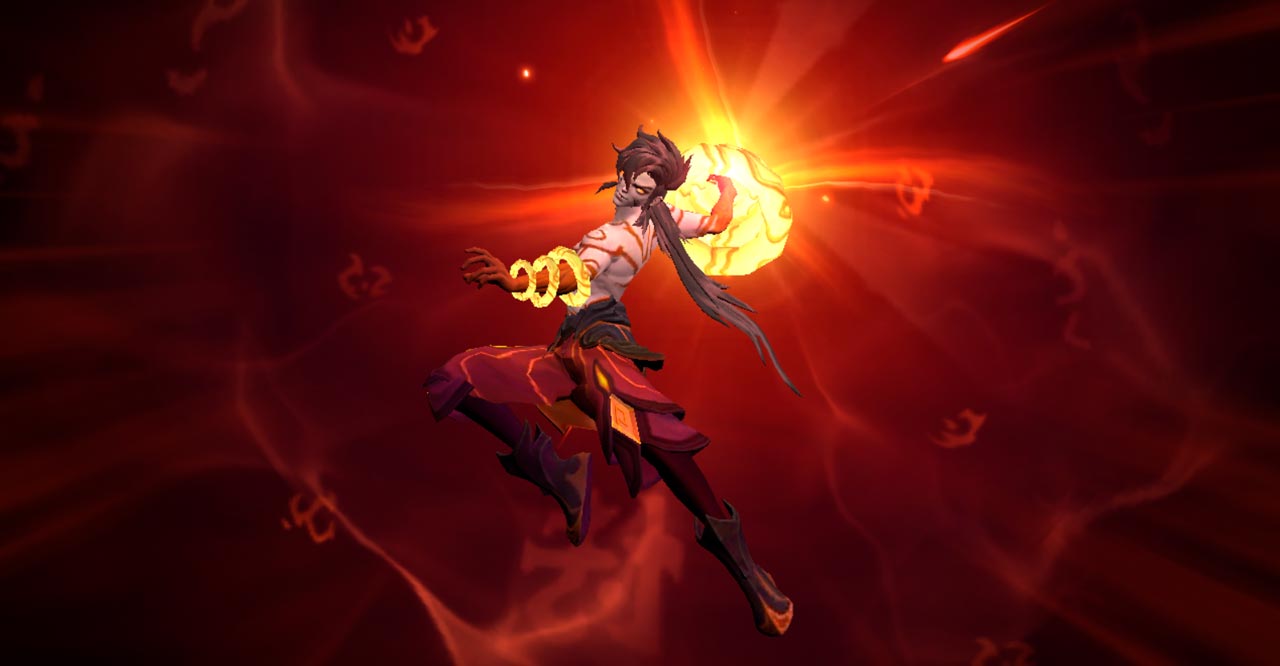In the fast-paced world of Mobile Legends: Bang Bang, establishing dominance in the initial phase can determine the course of an overall game. Teams that succeed at initial stage pressure often seek to dominate their opponents immediately, aiming to snowball their advantage into a decisive victory. Nonetheless, for teams dealing with these aggressive strategies, having a solid plan to counter initial phase dive compositions is essential. The key to success lies in creating a draft that not only endures early attacks but also lays the foundation for a secure growth approach, allowing for comeback potential in the late game.
Understanding how to delay the enemy's snowball pace becomes paramount when battling with hostile opponents. Choosing anti-aggression lane picks can provide your squad with the means to survive significant bursts of damage while creating possibilities for strategic rotations. This article will examine various strategies, including maintaining vision and turret defense, closing the gold gap through disciplined rotation, and smartly itemizing against initial burst damage. By building a foundation that prioritizes careful planning and awareness, you set the framework for a balanced approach that embraces both defensive tactics and endgame core heroes equipped with recovery abilities.
Dealing with Initial Dive Comps
Early game dive comps can be very dangerous in Mobile Legends: Bang Bang, as they frequently concentrate on offensive strategies that strive to eliminate enemies prior to they can level up successfully. To counteract these teams, players need to focus on picks that offer crowd control and survivability. Heroes that provide space denial or engage with mobility can create significant opportunities to reverse the situation in your favor. Choosing characters with strong escape abilities, such as Leomord or Akai, can be notably beneficial in fending off aggressive dives.
Maintaining vision across the field is vital to predict and adjust to enemy movements. Setting up wards in important locations enables teams to identify incoming dives earlier, providing the chance to prepare or reposition. Turret defense is also important; maintaining healthy towers can stop enemies from diving in the beginning. When facing against dive teams, collaborating with your team to ensure dominance over the map and sight can greatly lower the chances of getting caught off-guard.
Finally, gear selection plays a key role in defending against early-game aggression. Creating defensive items that mitigate burst damage can make a major difference in the conclusion of battles. Items that provide health regeneration or defensive shields can also help maintain heroes during decisive fights. Balancing defensive capabilities with the necessary damage output can hinder the enemy team from taking over while keeping the window open for a comeback when final-stage core heroes are introduced.
Tactics for Deferral and Recovery
In a game where early aggression can influence the conclusion, implementing strategies to delay rival snowball effect becomes crucial. One successful technique is through the choice of heroes that excel in persisting through tough lanes. Opt for counter-aggression lane picks that can endure early pressure while contributing to group battles later. Heroes with crowd control and recovery can create possibilities to fend off enemy dives, allowing your team to gain important map control and maintain defenses around structures.
Another factor of delaying opponent tempo is carrying out a controlled rotation plan. This involves cutting down unnecessary risks and ensuring that your team continuously applies dominance on all lanes while being vigilant of enemy movements. By effectively managing the wealth disparity with precise rotations, your team can secure objectives and harvest securely. This not only helps in gaining advancing but also opens up opportunities for countering against the opposition's strong lanes.
When it comes to comebacks, having strong late-game champions with comeback mechanics can turn the tide of battle. Heroes that can grow effectively and recover lost advantages are essential. Pair this with strategic itemization focused on countering early damage spikes; building defensive items allows your damage dealer to survive initial skirmishes and remain a threat in the final phases. This holistic strategy not only fosters a strong team composition but also enhances potential for a triumphant late-game comeback.
Itemization and Vision Control

Efficient itemization is crucial is crucial for countering early game aggression. Gamers need to focus on protective items that can reduce high burst damage from enemy dive compositions. Items that grant shields, health regeneration, or armor are fundamental at the start, allowing heroes to withstand initial attacks and maintain their presence in lane. Moreover, constructing items that enhance sustain, such as life steal or magic resistance, can keep players in the fight longer while they scale into their endgame power spikes.
Vision control plays a crucial role in stopping the enemy's snowball momentum. Setting up a network of vision through well-placed wards allows teams to predict enemy movements, thereby dodging potential dives and skirmishes. Sustaining vision near key objectives and high traffic areas can also provide essential information on enemy rotations, letting a safe scaling draft to respond appropriately. This foresight allows teams to reposition and evade disadvantageous encounters that could lead to falling behind even more.
Finally, maintaining discipline in rotations can significantly reduce the gold gap against pushy opponents. visit ManaBuy now should focus on effective farming while minimizing risky engagements, making sure that they are not only gathering resources but also preventing the enemy the opportunity to snowball. By synchronizing rotation movements with vision control, teams can create opportunities for objectives and better itemization against initial burst threats. This tactical combination is crucial for creating a comeback potential in the late game.
